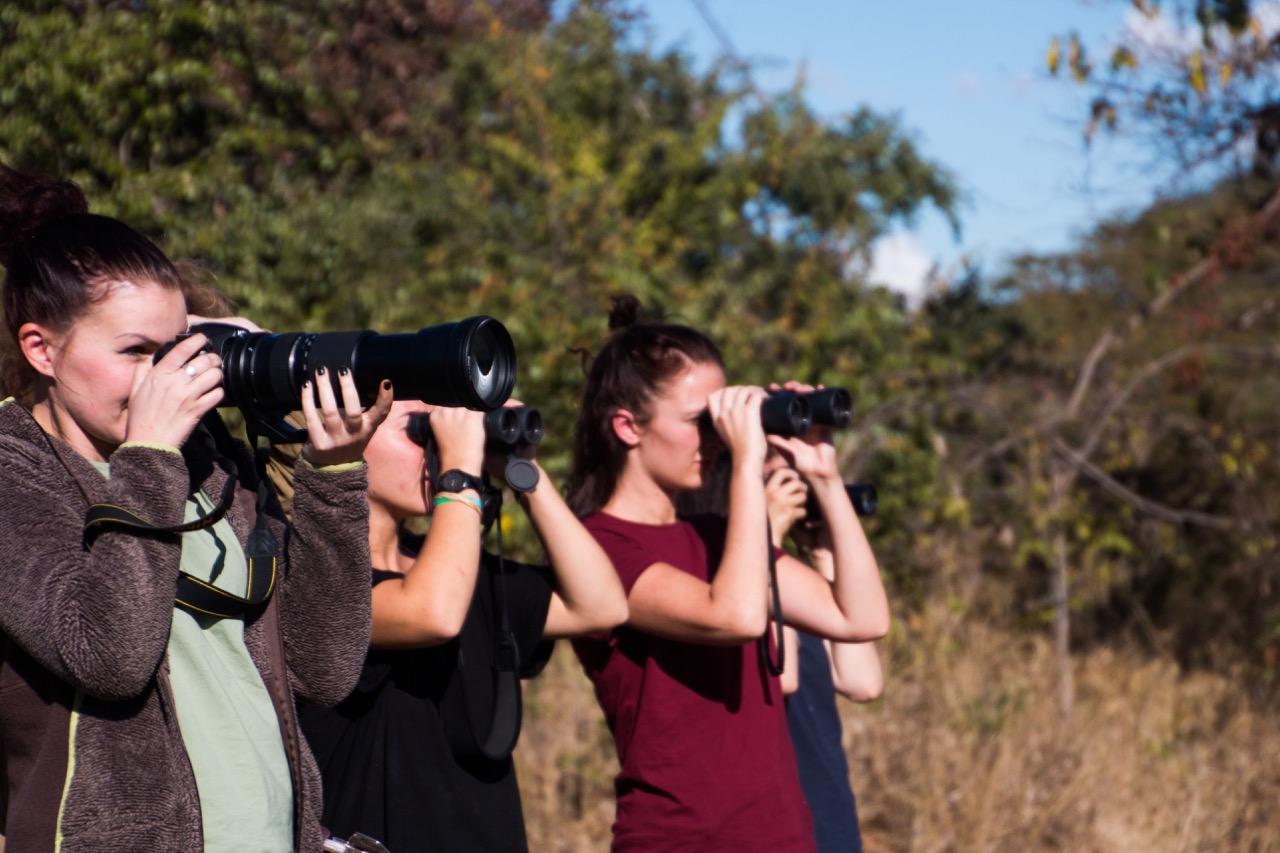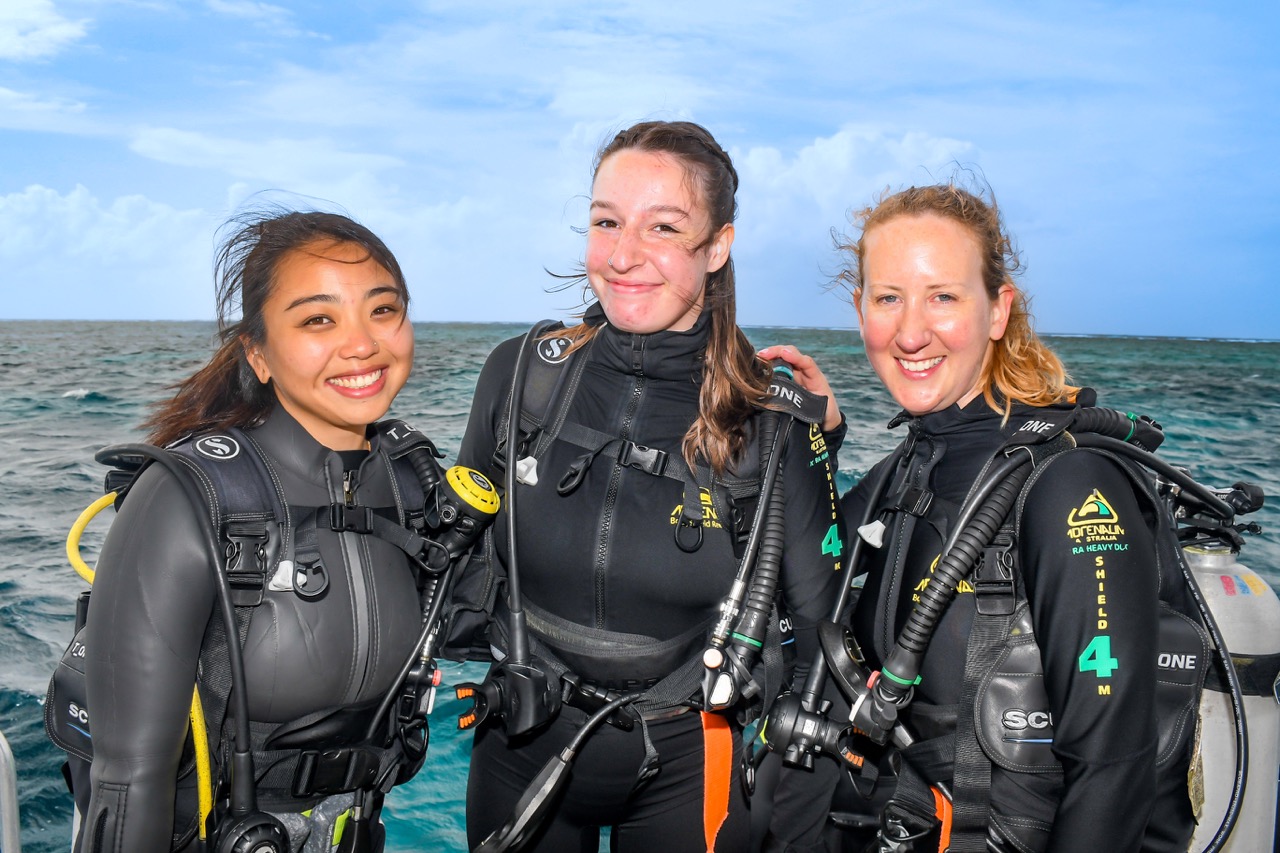Wildlife Conservation and Marine Conservation are popular volunteering paths for people who want to make a difference in the world. But with so many conservation projects out there and such a wide variety of opportunities – from research to hands-on volunteering – it can be hard for new volunteers to figure out where they might best fit. Luckily, here at Oceans 2 Earth Volunteers we have plenty of experience matching our volunteers with the right conservation project abroad. Here’s our guide on how to find an ethical volunteering project that suits you:
What is ethical volunteering abroad?
Ethical volunteering is the practice of using your skills and experience to help local communities, while also respecting their culture and environment. By taking part in an ethical project, you are helping make a positive impact on the places you visit.
Ethical volunteering for animals involves engaging in activities that prioritise the well-being and conservation of animal species, while respecting their natural habitats and promoting their long-term welfare. It encompasses initiatives such as wildlife rehabilitation, sanctuary support, and advocating for animal rights and environmental conservation.
Marine conservation volunteering entails actively participating in ethical initiatives that protect and restore marine ecosystems, while promoting sustainable practices and raising awareness about the importance of ocean conservation. This can involve activities such as coral reef restoration, marine species monitoring, beach clean-ups, and advocating for responsible fishing and marine protected areas.
Why does it matter?
Ethical volunteering matters because it ensures that volunteering efforts are conducted in a responsible and sustainable manner, with a focus on positive impact and respect for all stakeholders involved. It helps to avoid potential harm or exploitation, promotes long-term benefits for the communities or ecosystems being supported, and upholds principles of fairness, integrity, and social and environmental responsibility. By engaging in ethical volunteering, individuals and organisations can make a meaningful difference while maintaining the dignity and well-being of the communities, animals, or environments they aim to assist.
Why ethical volunteering abroad is important?
Ethical volunteering abroad is an important way to help the local community, protect the environment and educate yourself about issues that you’re working on. As a responsible traveller, it’s important to make sure that you’re doing all you can to help wildlife and the environment.

Oceans 2 Earth Volunteers Malawi Wildlife Research Volunteer
What counts as ethical volunteering?
What counts as ethical volunteering?
- You’re working with an organisation that uses volunteers to supplement their existing staff and resources, not replace local people and services.
- It involves projects that have a sustainable approach, seeking to address the root causes of issues rather than providing short-term fixes.
- Respecting and embracing the cultural norms, values, and practices of the local community. Volunteers should approach their work with humility, openness, and a willingness to learn from the people they are assisting.
- Priorising the safety, well-being, and rights of volunteers. It ensures appropriate training, support, and resources are provided, and that volunteers are not placed in situations that could jeopardise their health or safety.
- Actively supporting the protection and management of marine ecosystems, while promoting public awareness and engagement in marine conservation.
- Contributing to the recovery and release of wildlife back into their natural habitats, while promoting education and awareness about wildlife conservation and the importance of coexisting with native species.
- The organisation you’re volunteering with is transparent about its finances and operations.
- Ensuring that fees are used to directly support the projects and communities.
- Actively engaging in regular monitoring and evaluation to continuously improve their programs and maximise positive impact.
Overall, ethical volunteering is characterised by a thoughtful and responsible approach, where the needs and perspectives of the community, the animals and the environment are prioritised, and actions are guided by principles of respect, sustainability, and positive long-term impact.
How to avoid common pitfalls of unethical volunteering
As with any type of volunteering, it’s important to do your research. Before you sign up for a conservation volunteering project overseas, make sure that the organisation is registered and has a code of ethics.
You should also ask lots of questions about what kind of work you’ll be doing and how long it will last. In situations where the organisation is unable to provide the answers you need, it might be a good idea to explore other options that you can feel more confident about.
Ask for references or check social media for former volunteers who have worked with this organisation before–and check them! If someone says they had a bad experience with an organisation or didn’t receive what was promised, find out why so you can avoid making similar mistakes yourself. Trustpilot or other legit review sites are a great way to here about past volunteer experiences.
Ethical volunteering involves collaborating with local communities, organisations, and authorities. Prioritise projects that actively involve and empower local stakeholders, ensuring their voices and perspectives are respected and integrated into decision-making processes.
Understand your skills, expertise, and limitations before volunteering. Choose projects that align with your abilities and provide adequate training and support. Avoid taking on tasks that should be handled by professionals, particularly in sensitive areas like over handling animals or assisting with veterinary treatment without thorough training.

Oceans 2 Earth Volunteers marine conservation volunteers
How to choose an ethical volunteer program
When choosing a volunteer program, the best way to ensure that it is ethical is to look for programs with a strong focus on conservation, education and long term impact goals. You can do this by looking at what the organisation’s website has to say about its work and the objectives of its projects. If they are transparent about their projects and have a track record of success, then you can be sure that your time will not be wasted on something that does not benefit the local community or environment in any meaningful way.
By thoroughly researching and assessing the aspects above, you can make an informed decision when choosing an ethical volunteer program that aligns with your values and ensures a meaningful and responsible contribution to the animals and the environment you wish to support.
How to prepare for an ethical volunteering experience
If you’re considering an ethical volunteering experience, there are a few things you should do before you go. First, be sure that you have received and read all the emails and information booklets sent to you. There will be steps you need to take to prepare to travel. Check the advice about visas, flights and how to get to your destination, and of course, what vaccinations you will need.
Put aside your expectation! Let go of preconceived notions and embrace the present moment with an open mind, allowing yourself to fully immerse in the experience without the constraints of expectations. Approach each moment with curiosity and a willingness to embrace the unexpected, allowing yourself to be pleasantly surprised and find joy and meaning in the genuine moments that unfold.
Get travel insurance! Travel insurance is crucial when volunteering overseas as it provides financial protection in case of unexpected events such as medical emergencies, trip cancellations, or lost luggage, ensuring that you can focus on making a positive impact without the added stress of unforeseen expenses. Additionally, travel insurance includes emergency assistance services that can help navigate unfamiliar healthcare systems and provide support in challenging situations, offering peace of mind and support throughout your volunteering journey.
We hope that this article has given you a better understanding of what ethical volunteering is and how it can benefit both volunteers and animal communities around the world. We strongly encourage you to consider an international volunteer opportunity as part of your next trip abroad!


